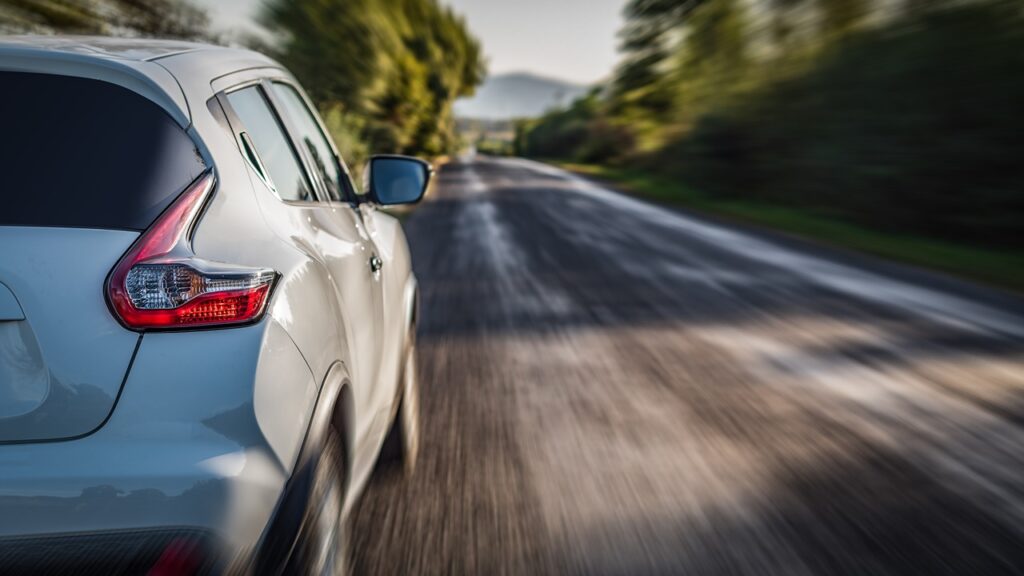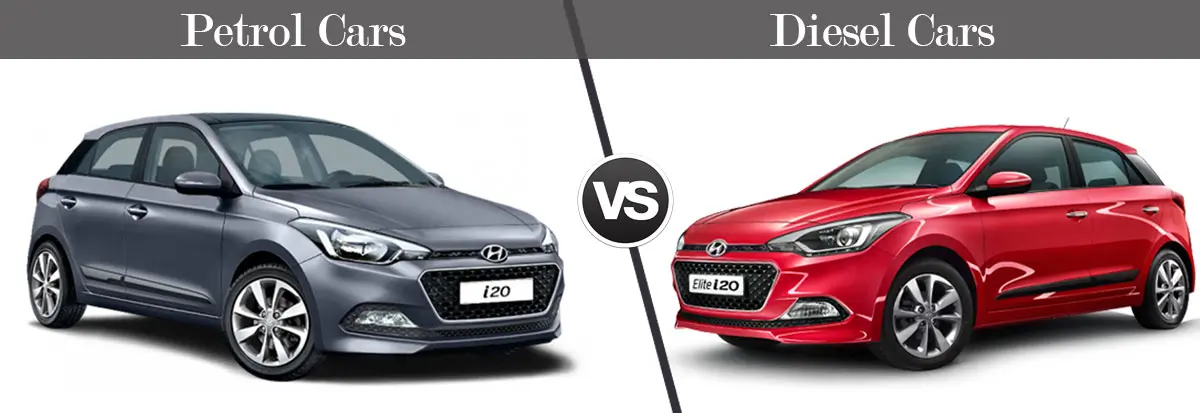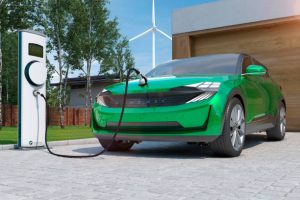When comparing petrol cars and diesel cars, it’s essential to consider their respective advantages and disadvantages, which influence factors like cost, performance, and environmental impact. Although petrol cars dominate the market in Pakistan, there are nuanced differences between the two types. Let’s delve into the pros and cons of both petrol and diesel cars to help you make an informed decision:
Diesel Cars:
Advantages:
1. Fuel Efficiency: Diesel engines typically offer better fuel efficiency than petrol engines, translating to lower fuel costs over time.
2. Power and Torque: Diesel engines tend to produce higher torque, making them well-suited for towing heavy loads and driving on steep inclines.
3. Durability: Diesel engines are generally more robust and durable, often lasting longer than petrol engines due to their stronger internal components.
Disadvantages:
1. Higher Initial Cost: Diesel cars often come with a higher initial purchase price compared to petrol counterparts.
2. Maintenance Costs: While diesel engines are durable, their maintenance costs can be higher due to more complex components and specialized servicing requirements.
3. Noise and Emissions: Diesel engines traditionally produce more noise and higher emissions of particulate matter (PM) and nitrogen oxides (NOx) compared to modern petrol engines.
Usage Considerations:
– Diesel cars are preferred for applications requiring frequent towing or driving long distances, where their fuel efficiency and torque advantages shine.
– In Pakistan, diesel engines are commonly found in larger vehicles like SUVs, trucks, and jeeps due to their capability for heavy-duty tasks and better fuel economy over long distances.
Understanding these factors will help you weigh the benefits and drawbacks of diesel cars against petrol cars, aligning your choice with your specific needs and priorities when purchasing your next vehicle.

Certainly! Here’s an analysis of the pros and cons of diesel cars versus petrol cars to help you understand their strengths and weaknesses:
Pros of Diesel Engine Cars:
1. Higher Fuel Efficiency: Diesel engines generally offer better fuel efficiency than petrol engines, resulting in lower fuel costs over time.
2. Depreciates Slowly (Durable): Diesel cars often retain their value better over time due to their durable construction and typically longer lifespan compared to petrol cars.
3. Higher Torque Output: Diesel engines produce higher torque, making them suitable for tasks like towing and driving on hills and slopes where torque is crucial for performance.
4. Efficient Driving on Hills and Slopes: The higher torque of diesel engines provides better power delivery and performance when climbing hills or driving on steep terrain.
Cons of Diesel Engine Cars:
1. Excessive Noise and Vibrations: Diesel engines are typically noisier and produce more vibrations compared to petrol engines, which can affect comfort and refinement.
2. Slower Speed: Diesel engines generally have slower acceleration compared to petrol engines, particularly in terms of high-end speed and responsiveness.
3. Environmental Impact: Diesel engines traditionally emit higher levels of particulate matter (PM) and nitrogen oxides (NOx), contributing to air pollution and environmental concerns.
4. Limited Availability: In some regions, diesel fuel may be less readily available compared to petrol, which can be inconvenient for drivers.
5. Higher Initial Cost: Diesel cars often come with a higher initial purchase price compared to petrol counterparts of the same model due to the cost of technology and manufacturing.
Petrol Cars:
Petrol engines are prevalent in Pakistan, known for their smooth operation and quick acceleration, making them ideal for urban commuting. However, they have distinct pros and cons as well:
Pros of Petrol Engine Cars:
1. Smooth Operation: Petrol engines operate more quietly and with fewer vibrations compared to diesel engines, enhancing overall comfort.
2. Quick Acceleration: Petrol engines offer faster acceleration and higher top speeds compared to diesel engines, which is advantageous for city driving and overtaking.
Cons of Petrol Engine Cars:
1. Lower Fuel Efficiency: Petrol engines tend to be less fuel-efficient than diesel engines, resulting in higher fuel costs over time, especially for long-distance driving.
2. Higher Depreciation: Petrol cars may depreciate faster compared to diesel cars due to factors like lower durability and perceived higher running costs.
3. Environmental Impact: While petrol engines emit less particulate matter than diesel engines, they still contribute to greenhouse gas emissions and air pollution.
4. Fuel Price Volatility: Petrol prices can fluctuate significantly, impacting overall running costs and budget planning.
In summary, choosing between diesel and petrol cars depends on your specific needs, such as fuel efficiency, driving habits, environmental concerns, and initial budget considerations. Each type of engine offers distinct advantages and drawbacks, so it’s important to evaluate these factors carefully before making a decision.













Add Comment